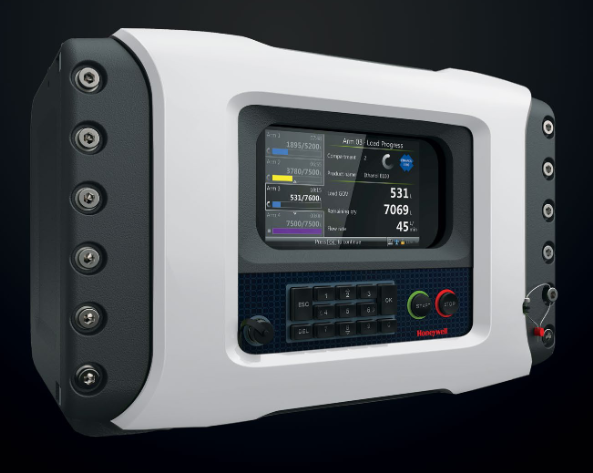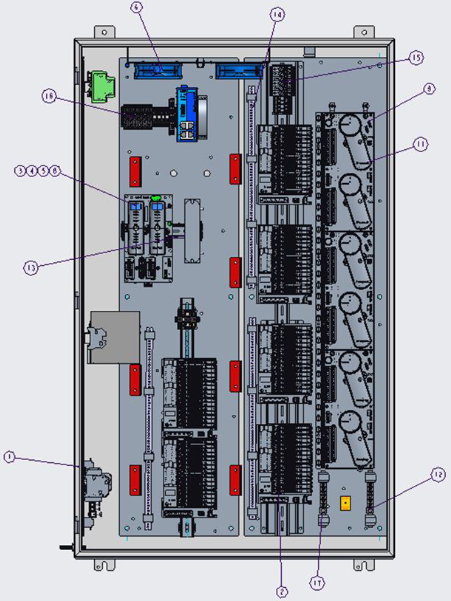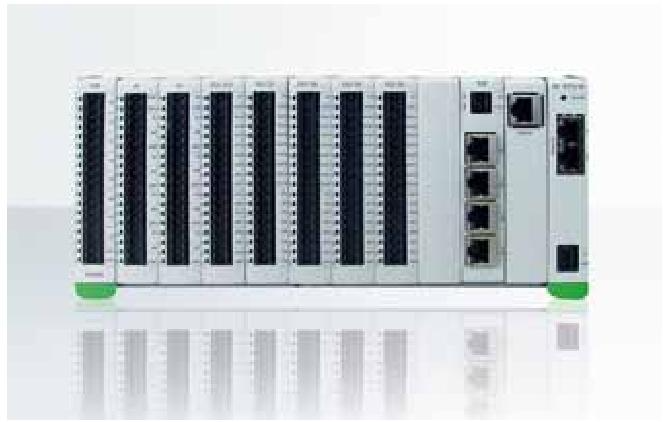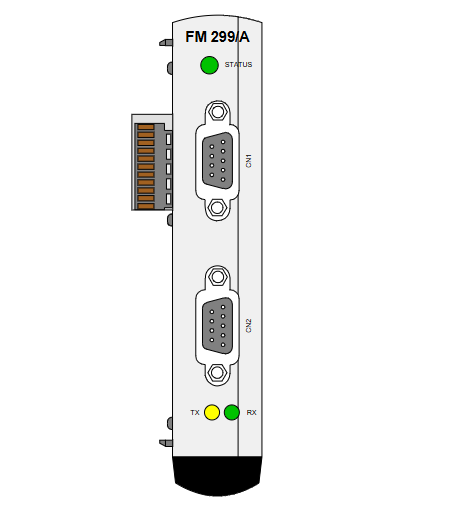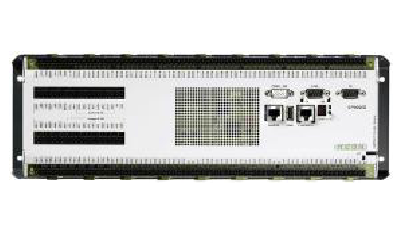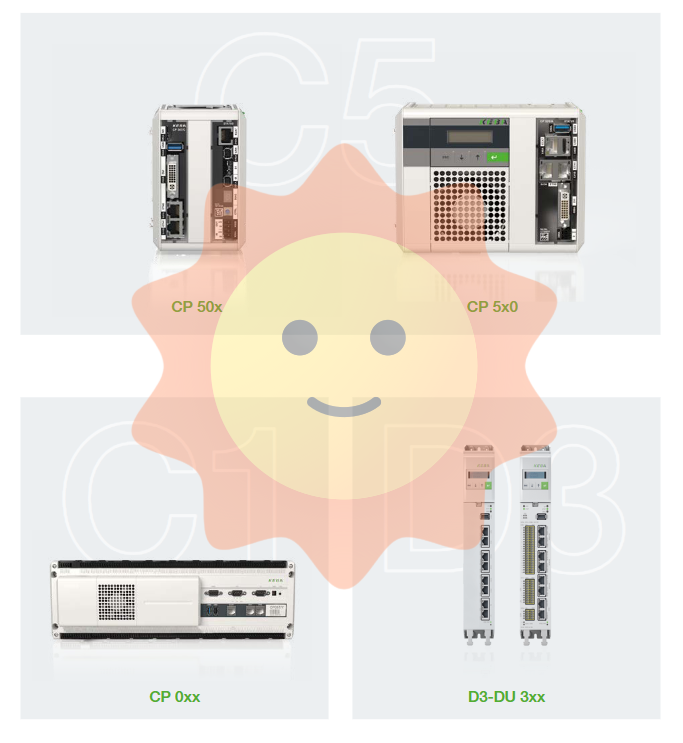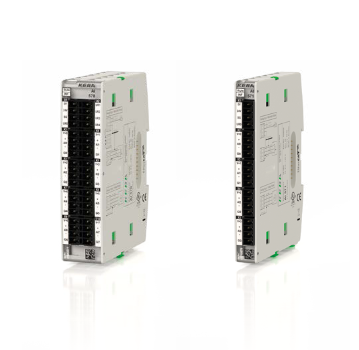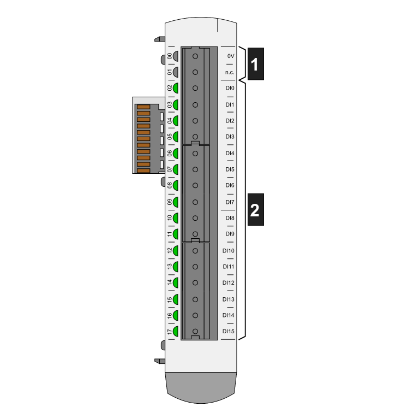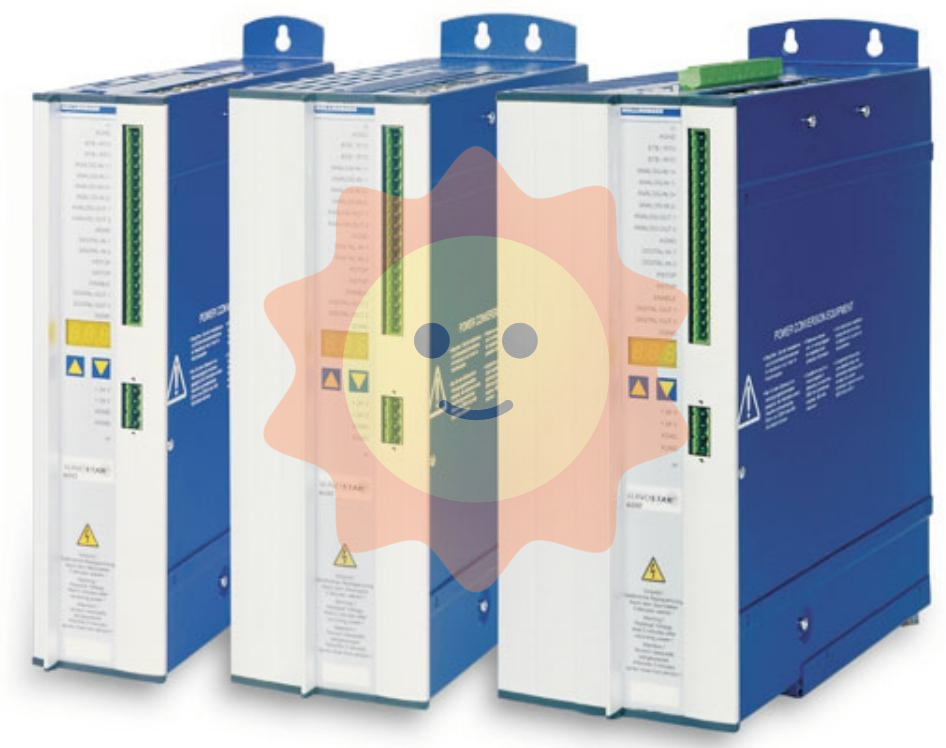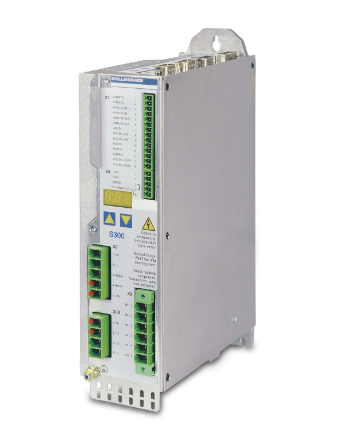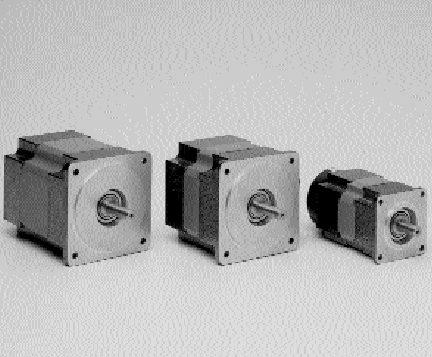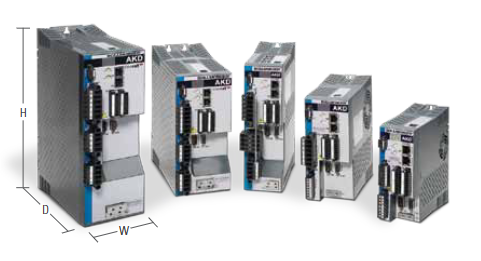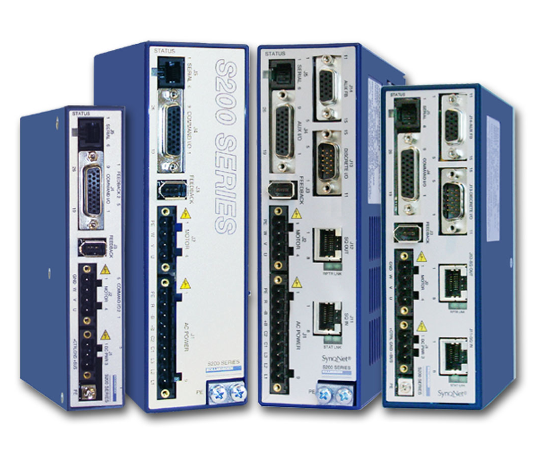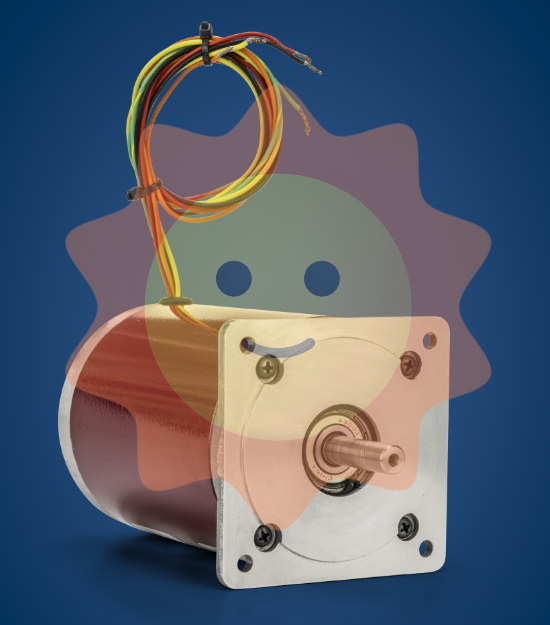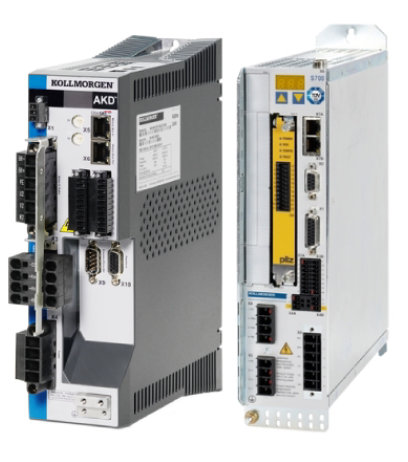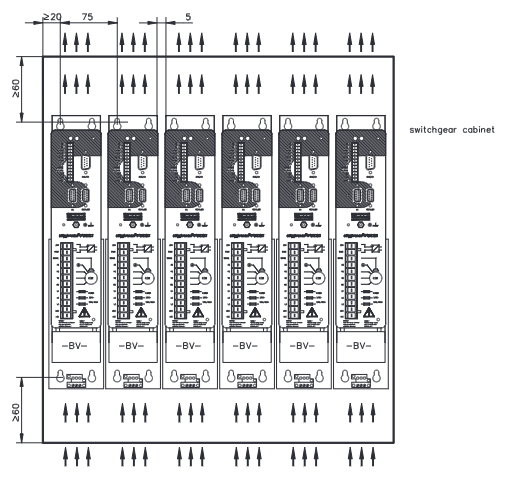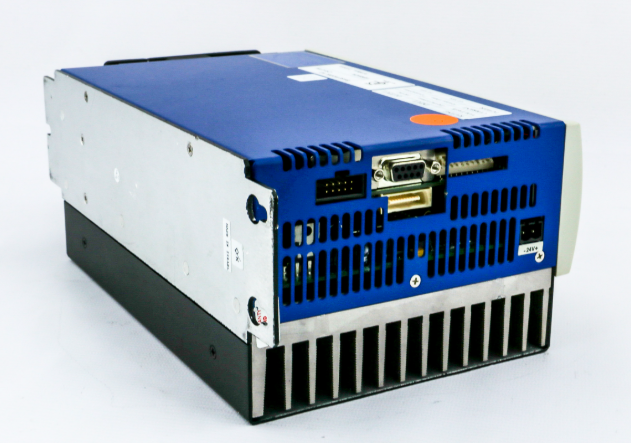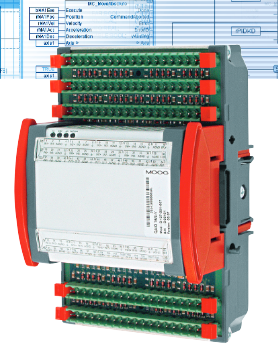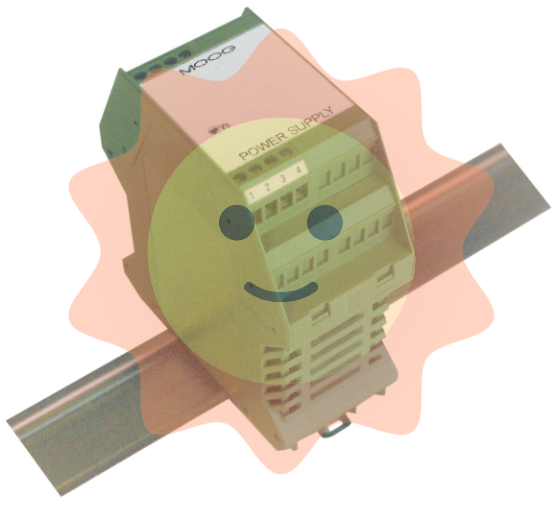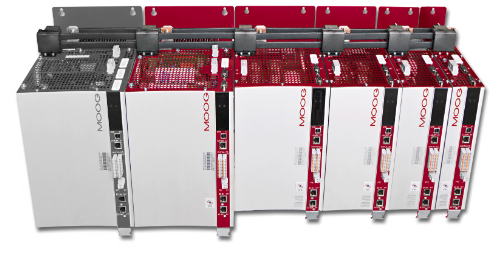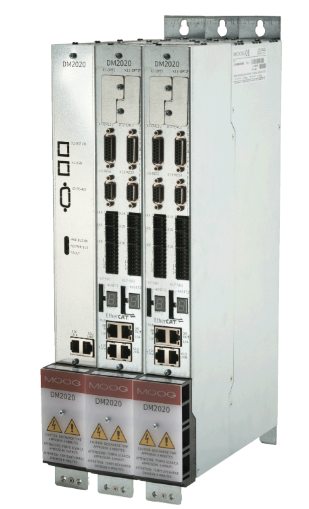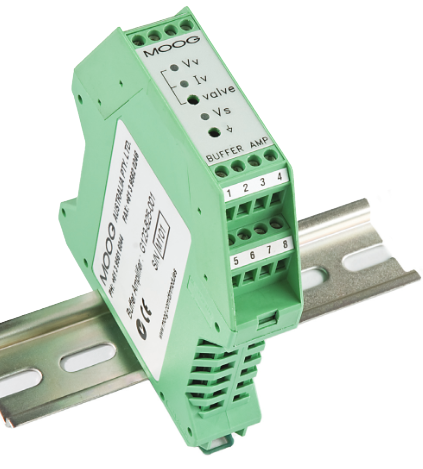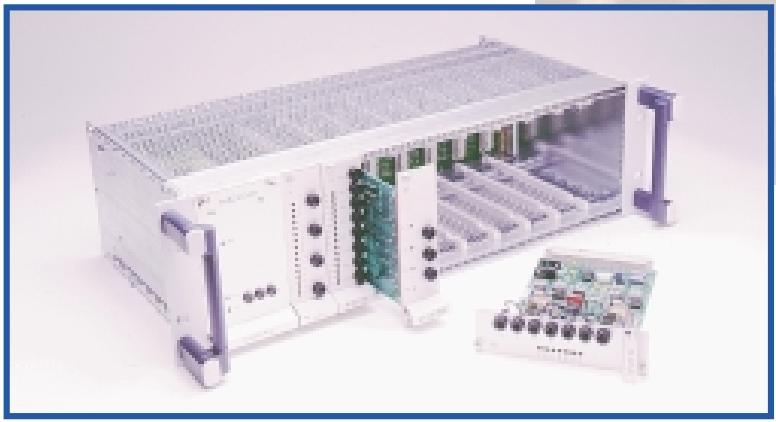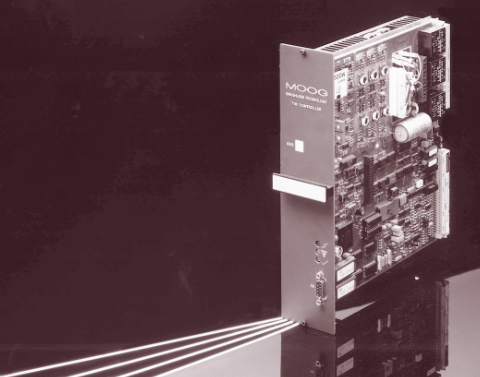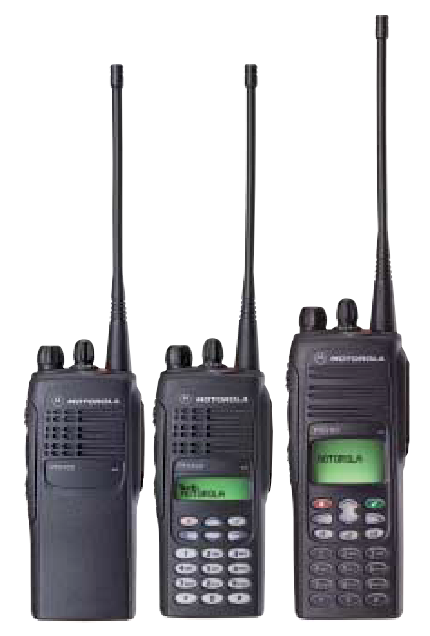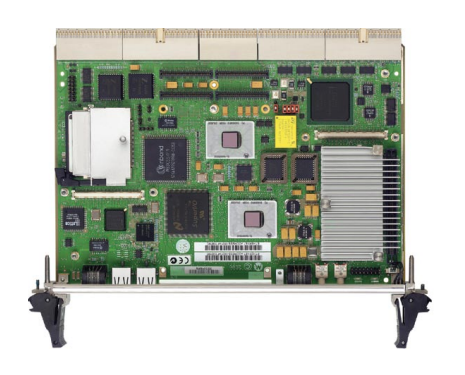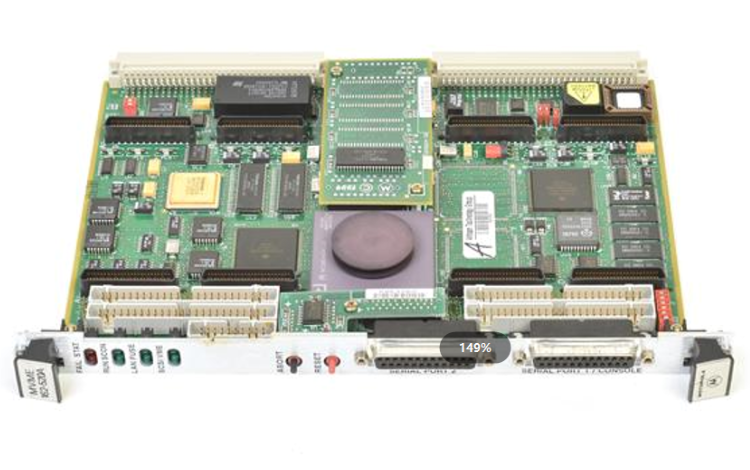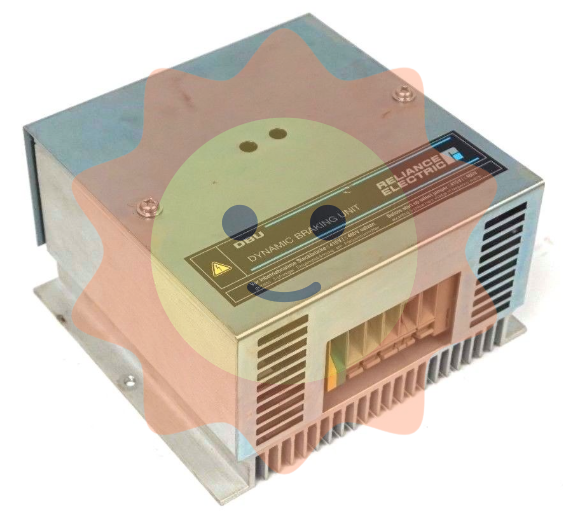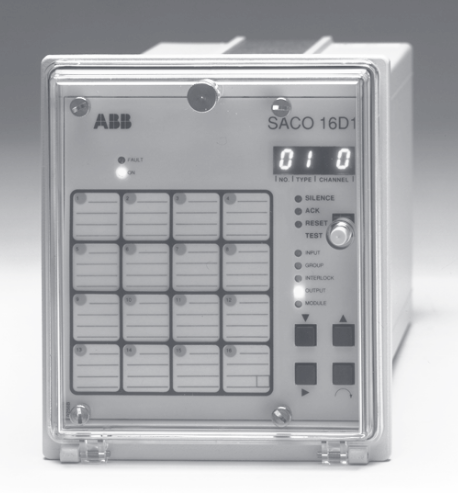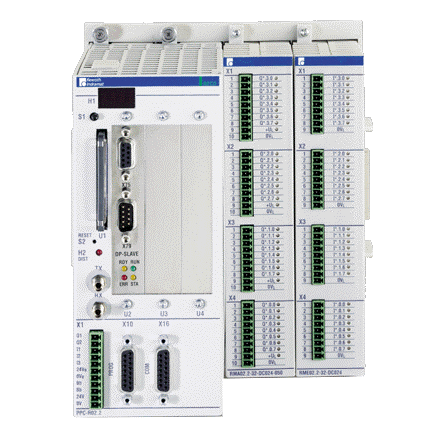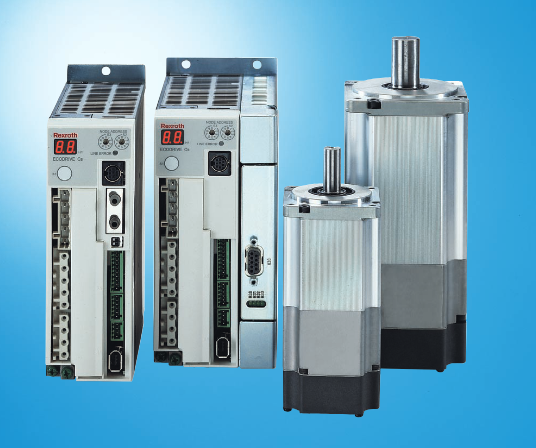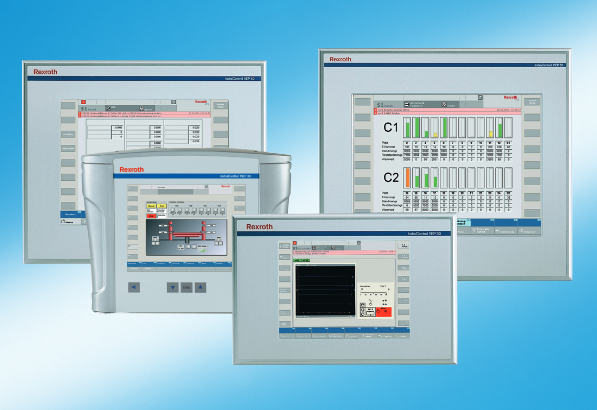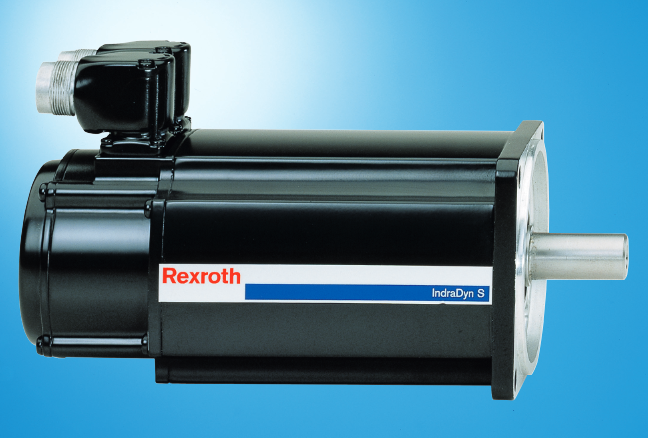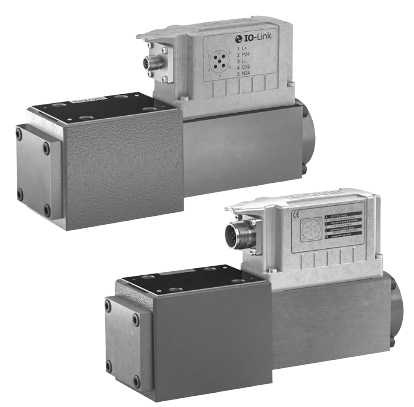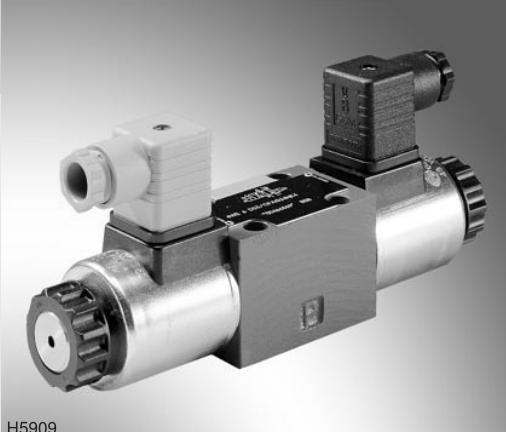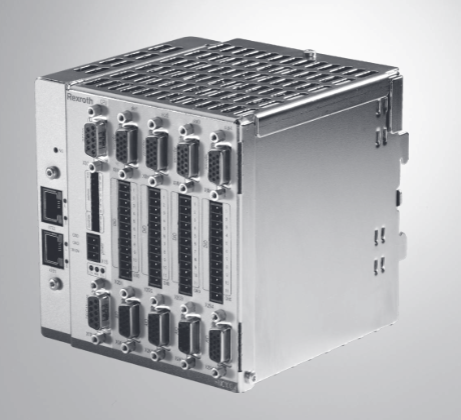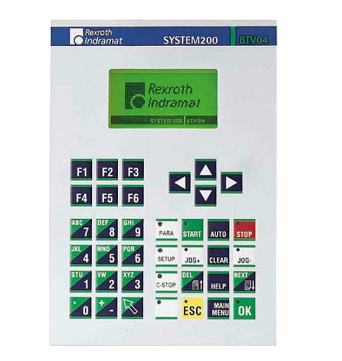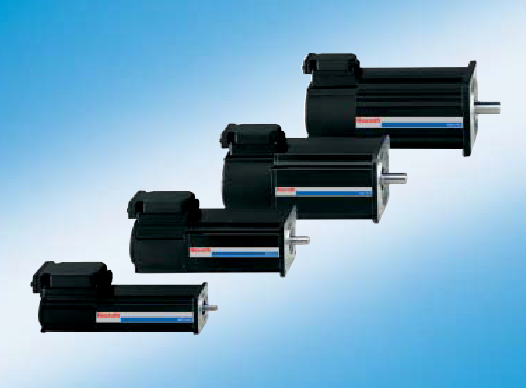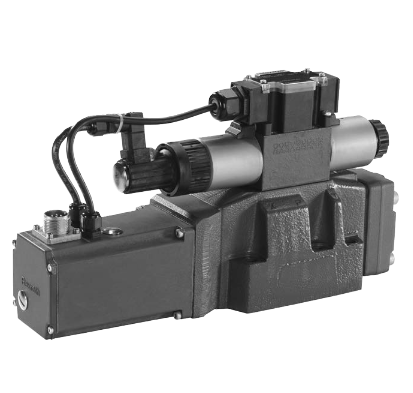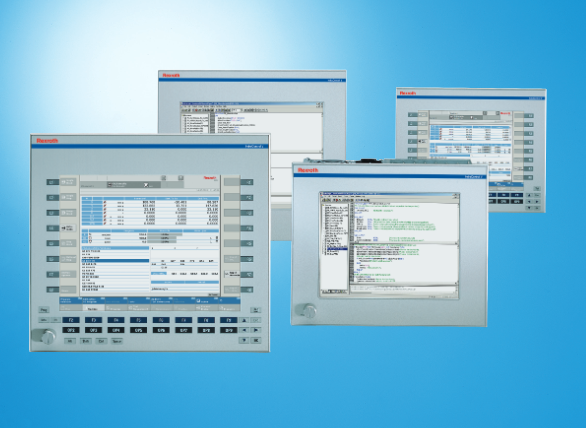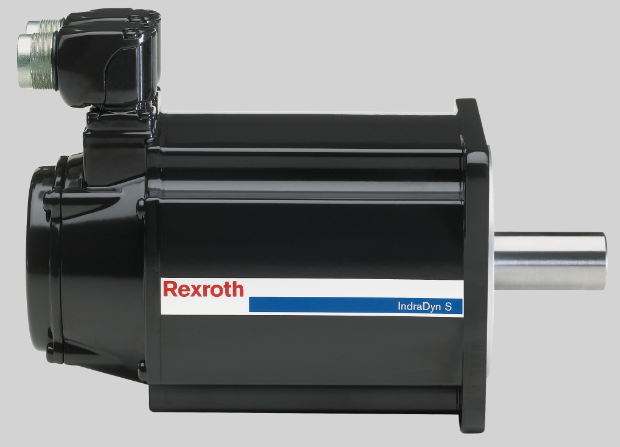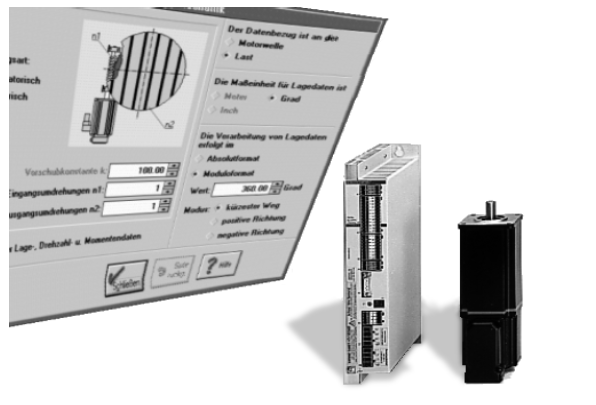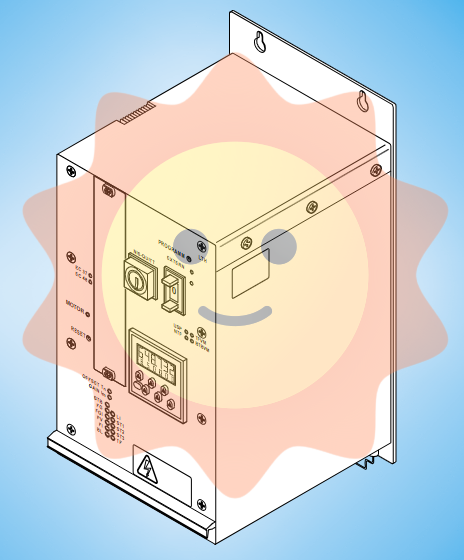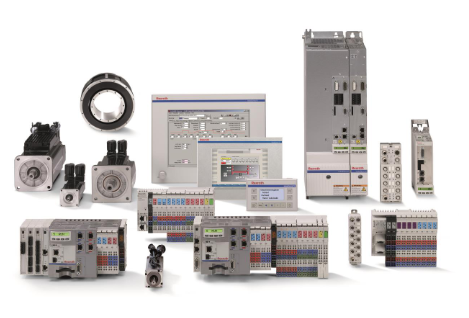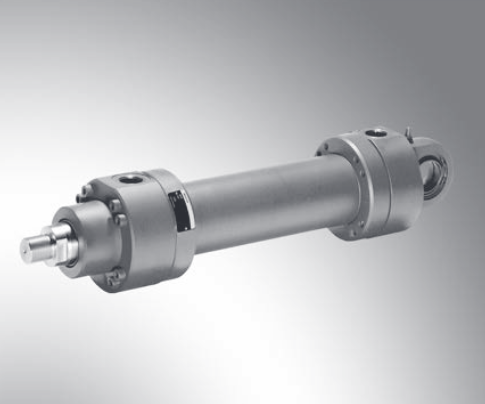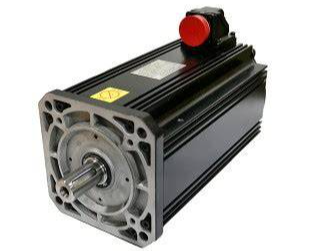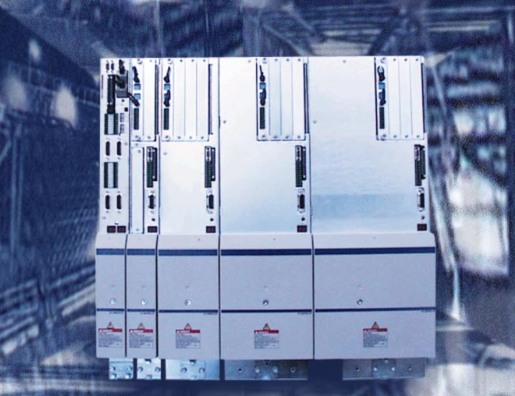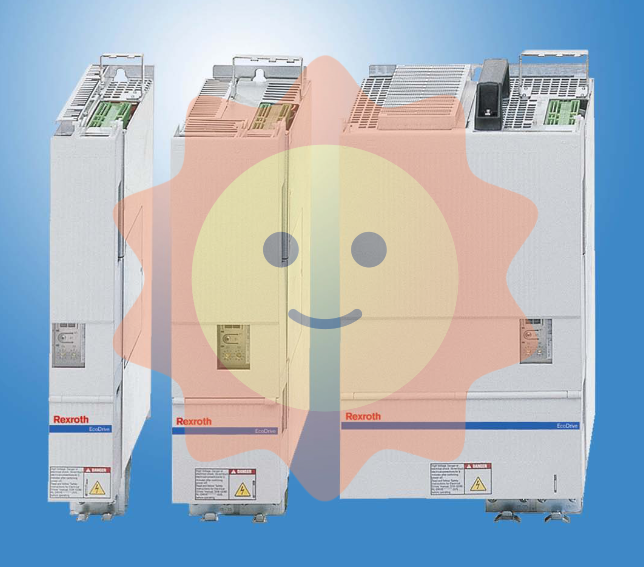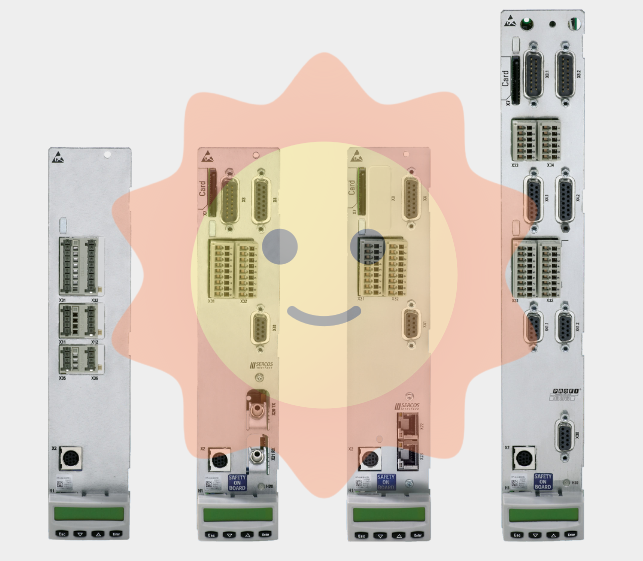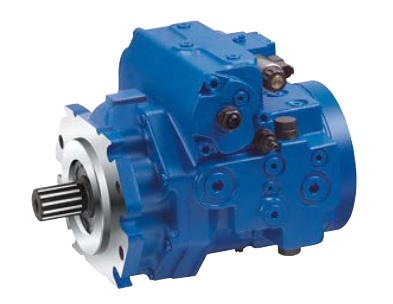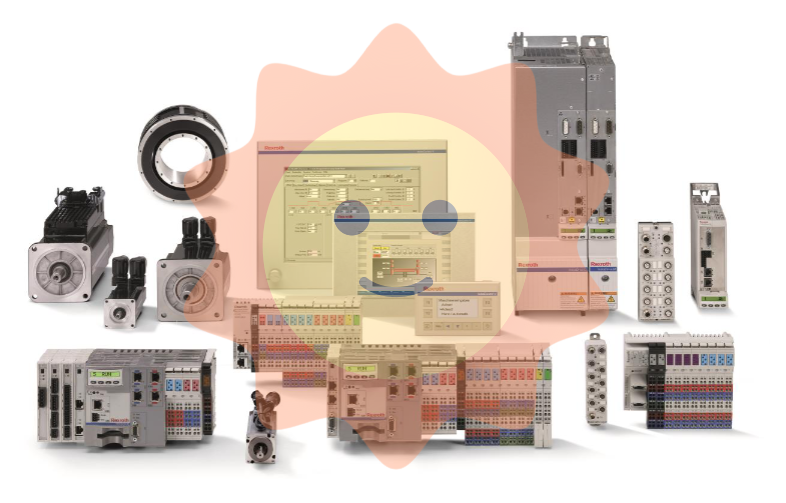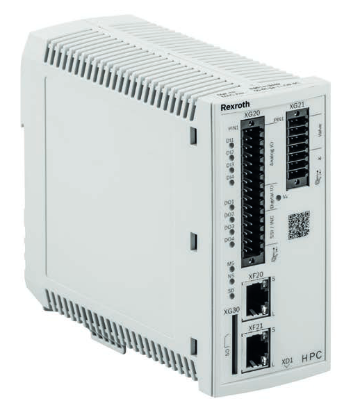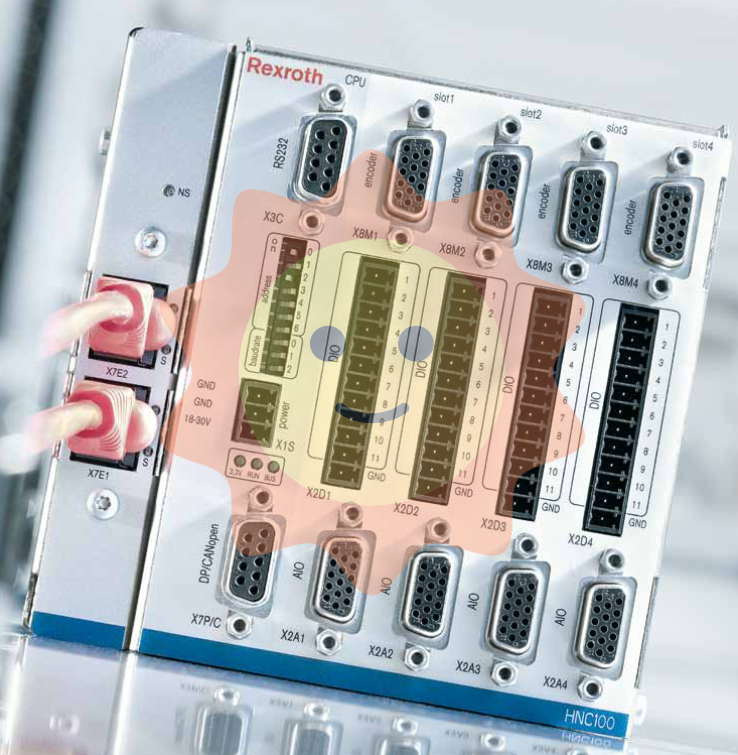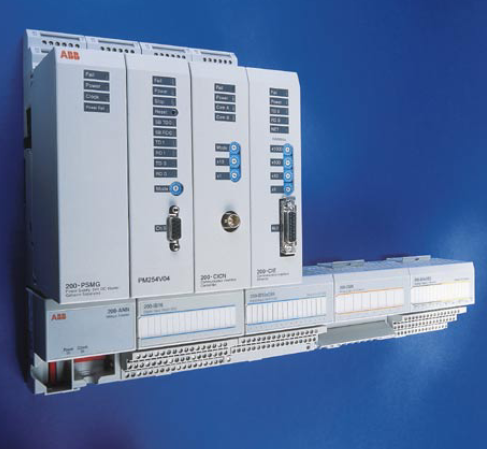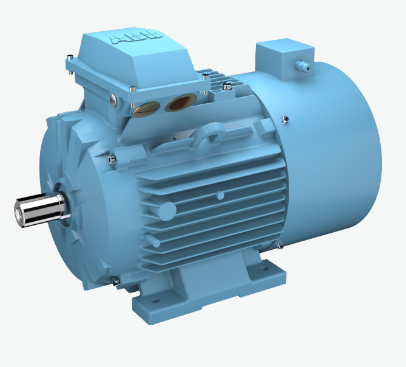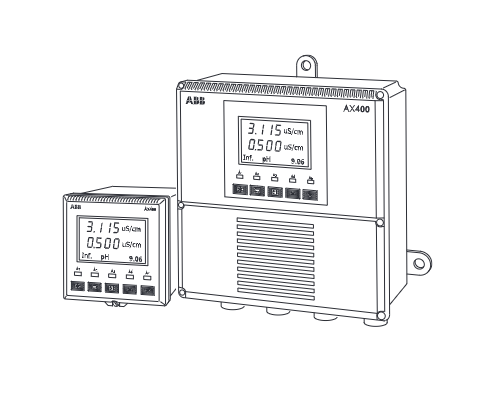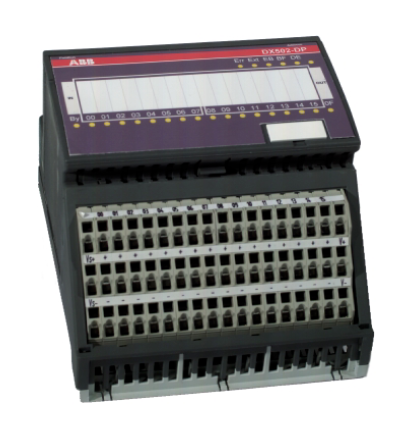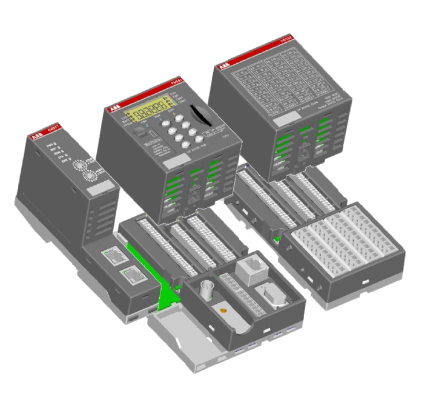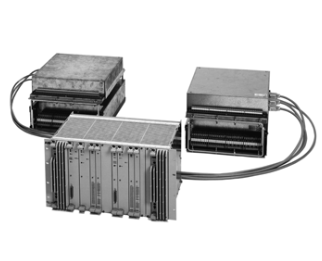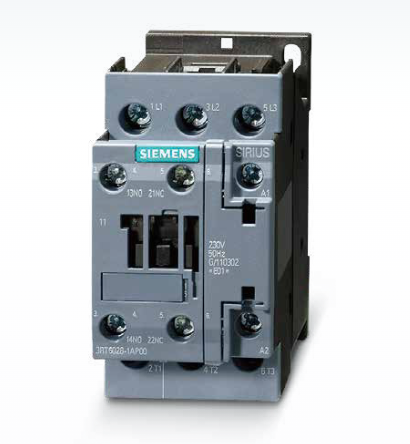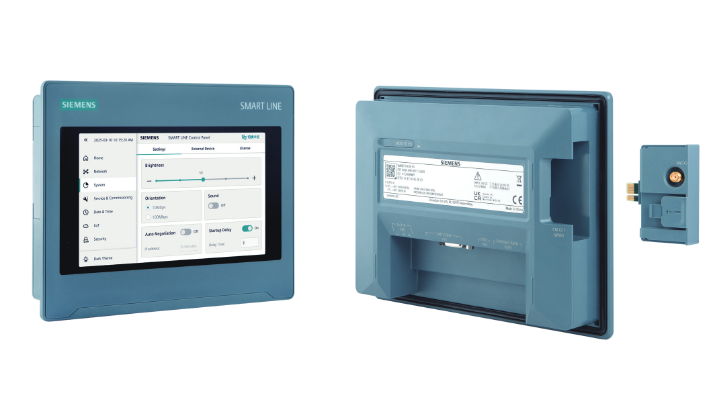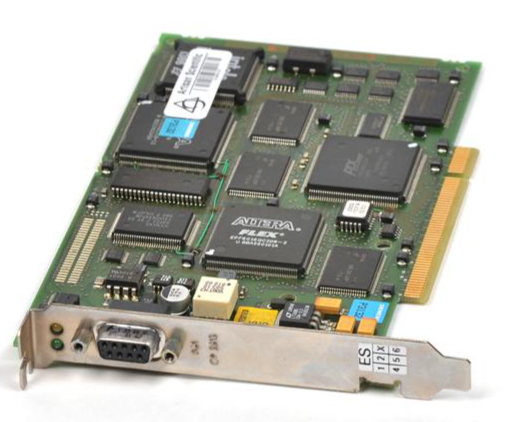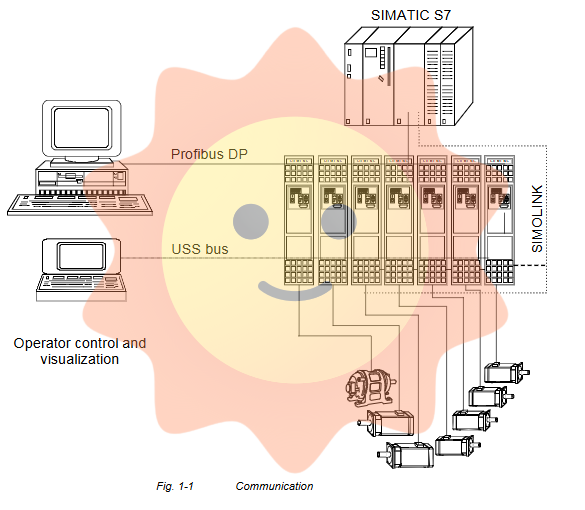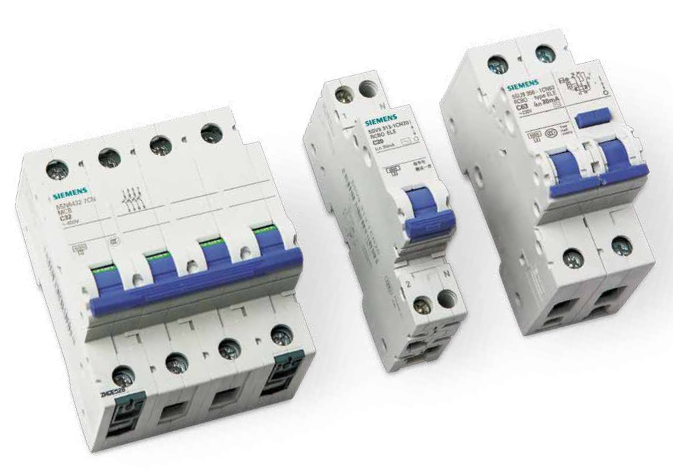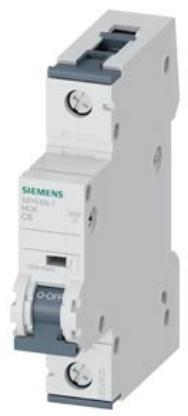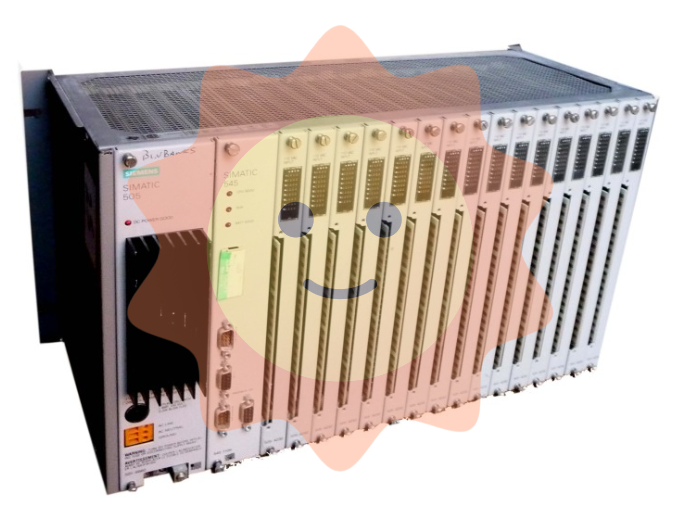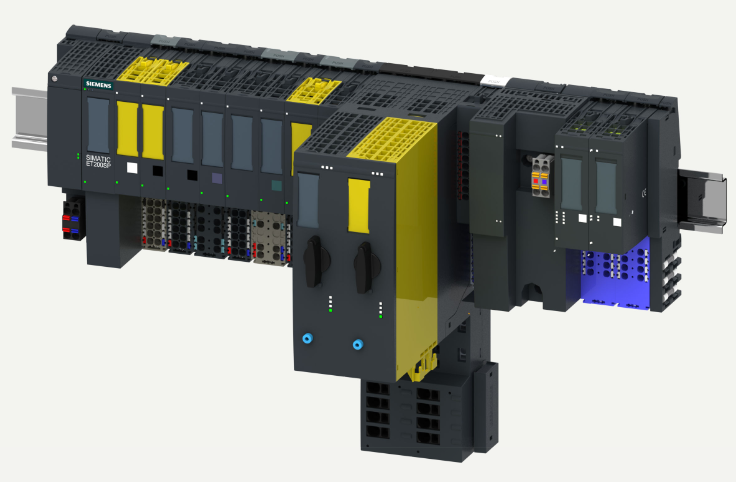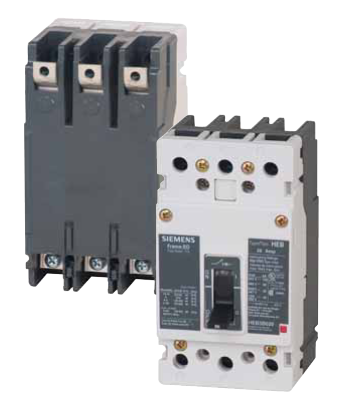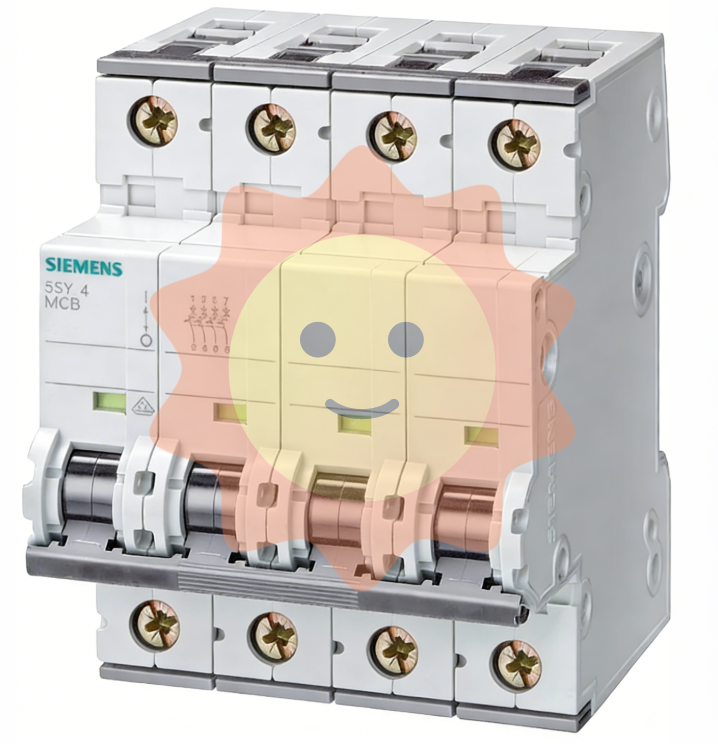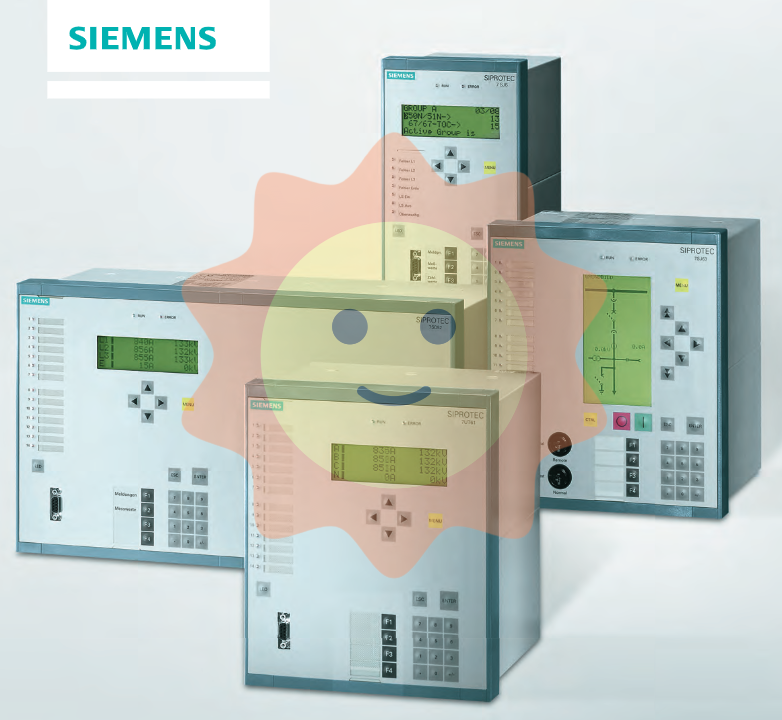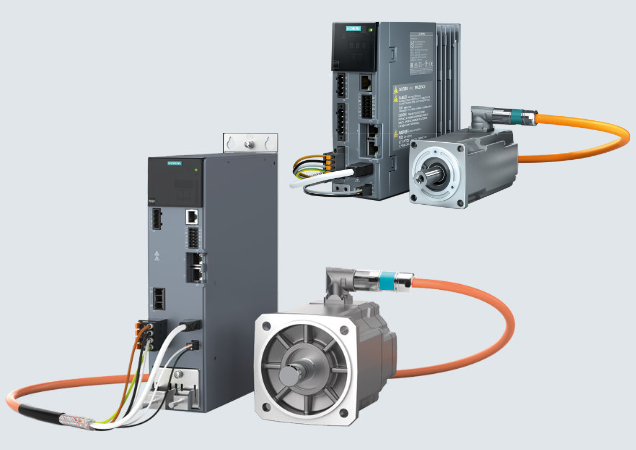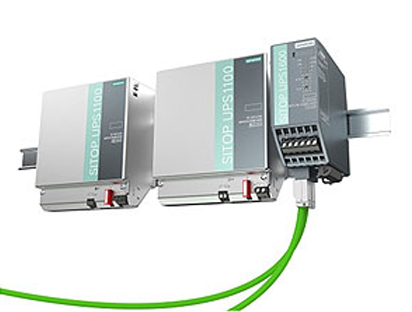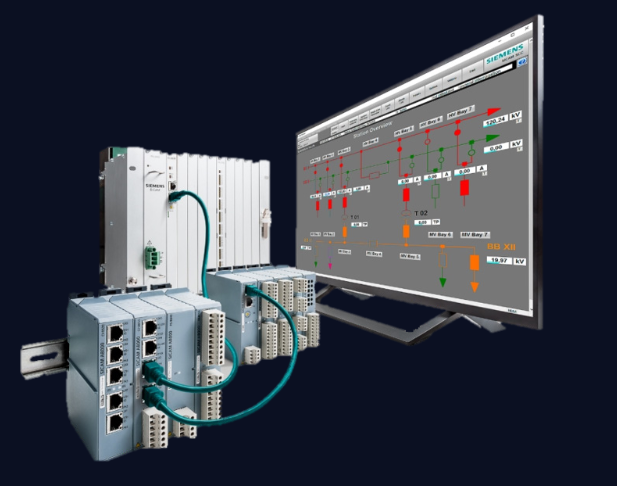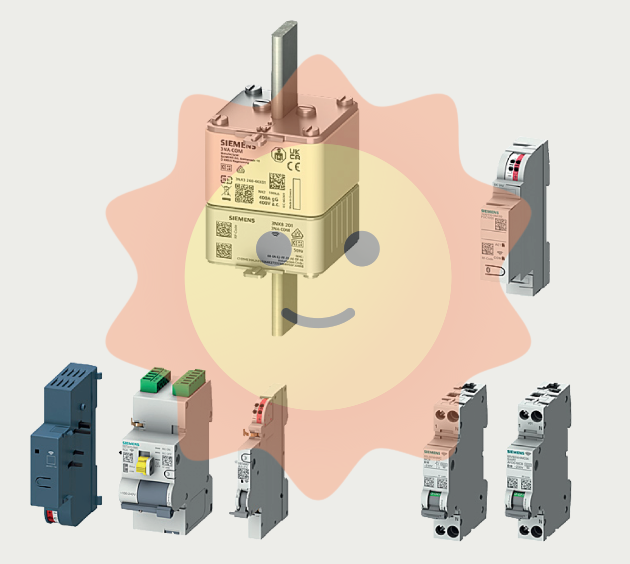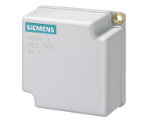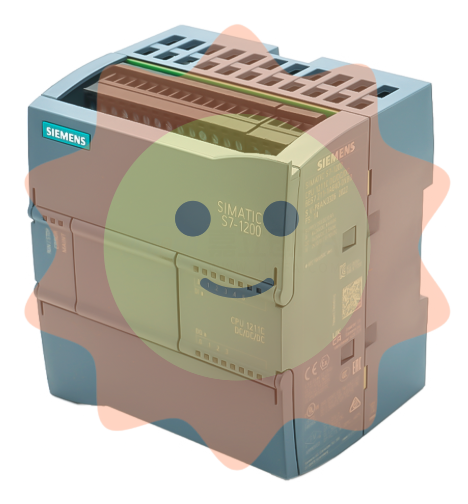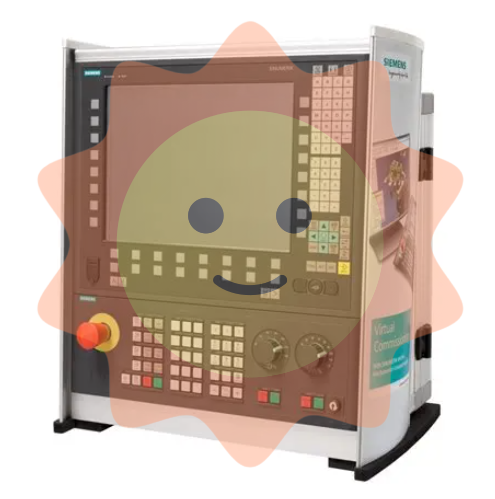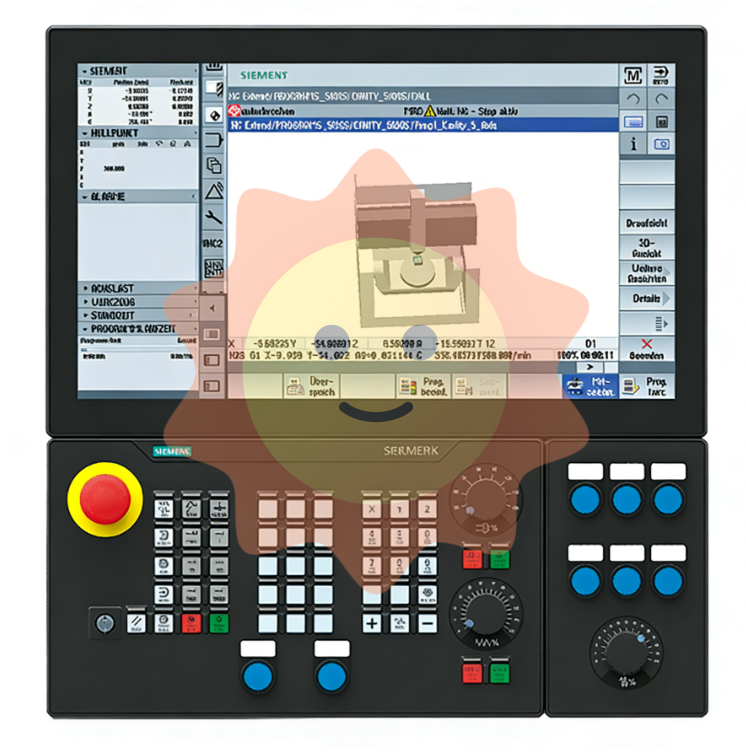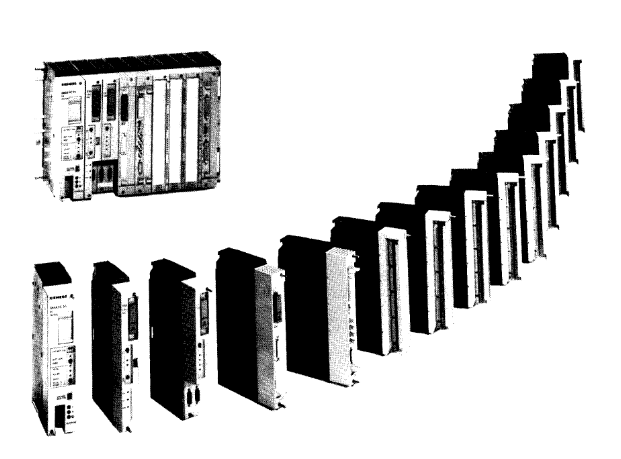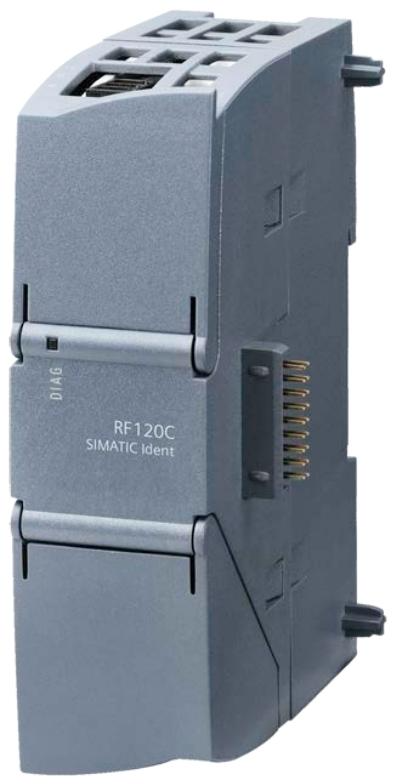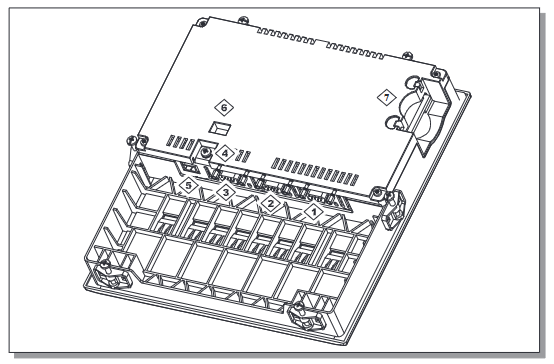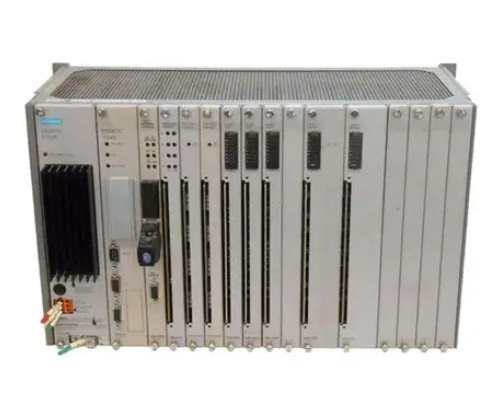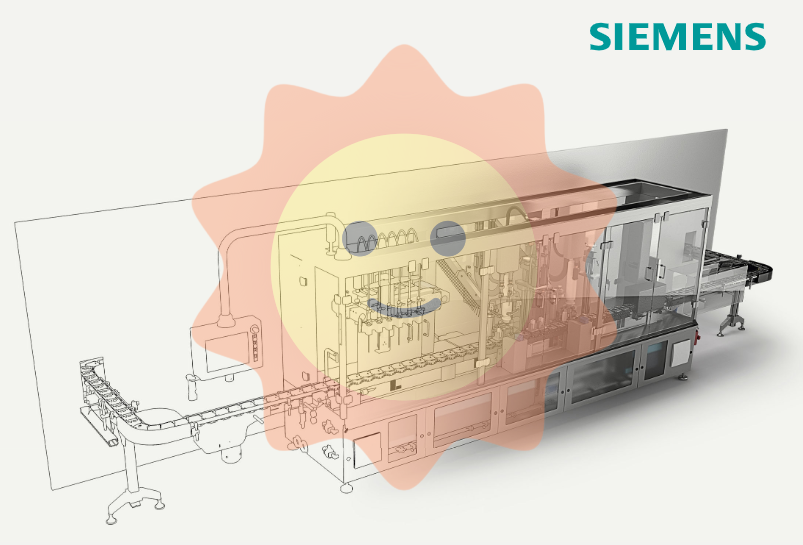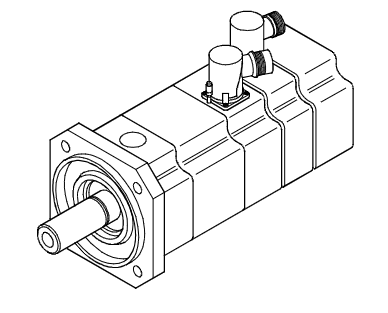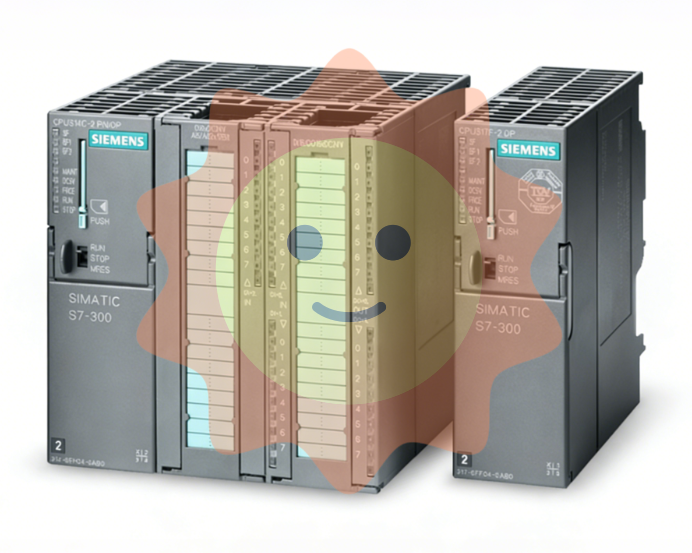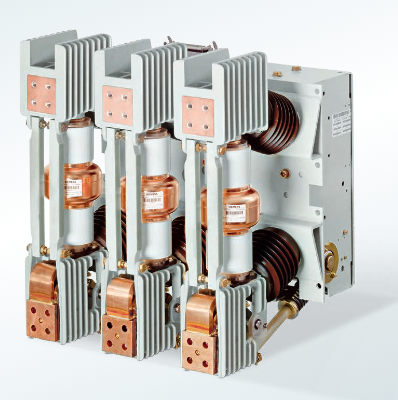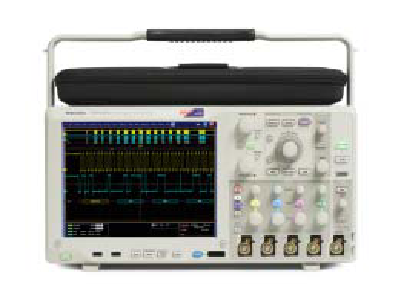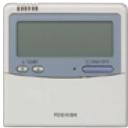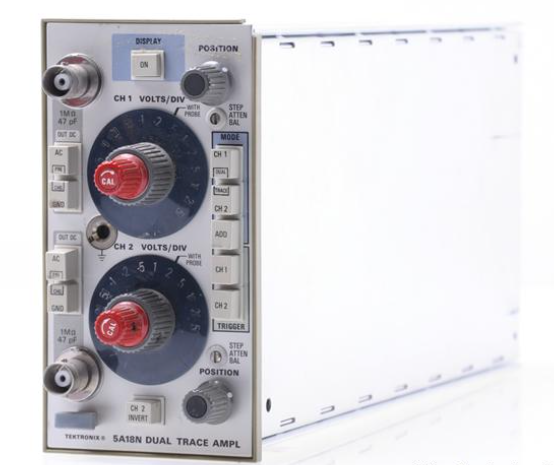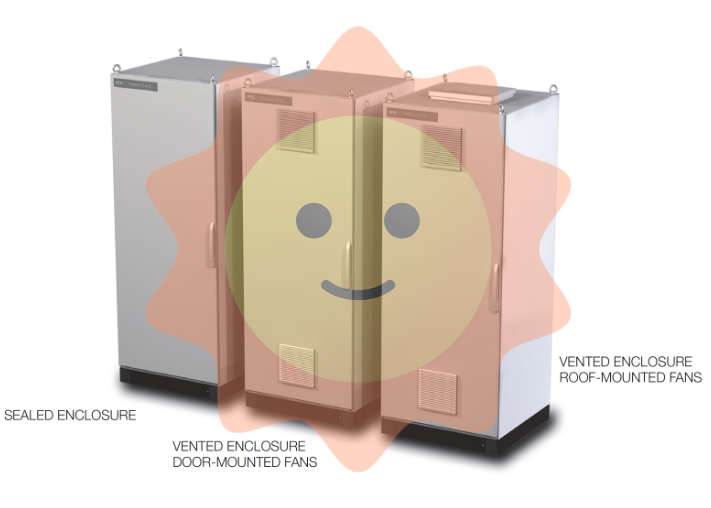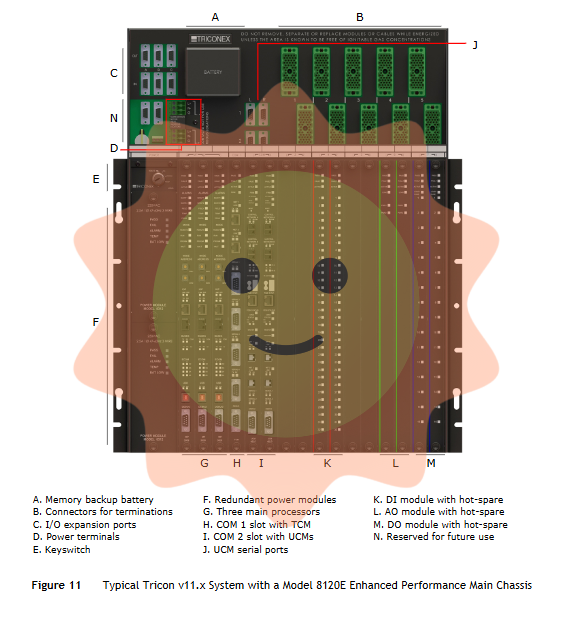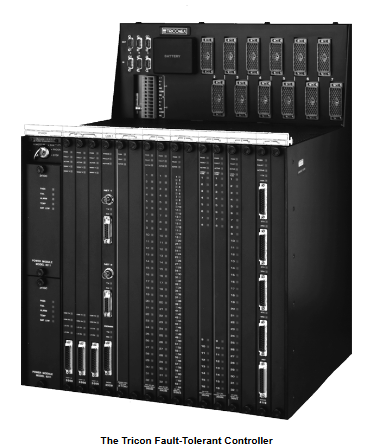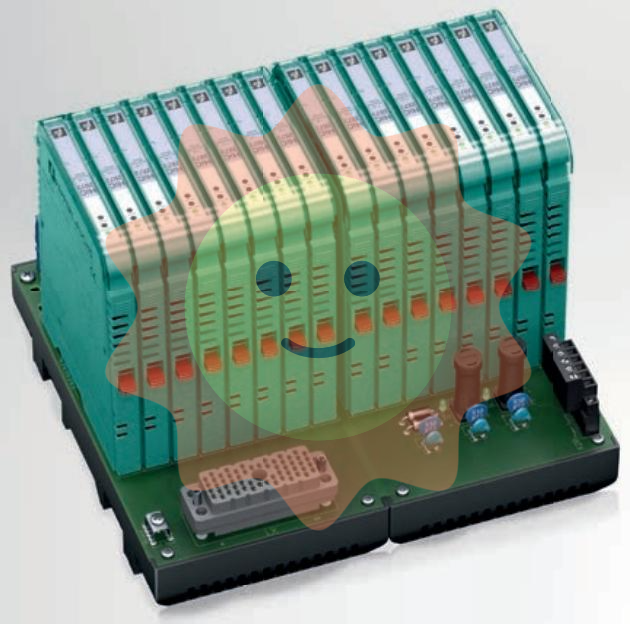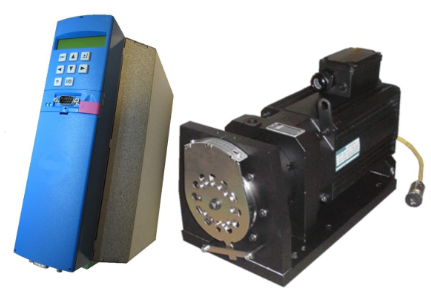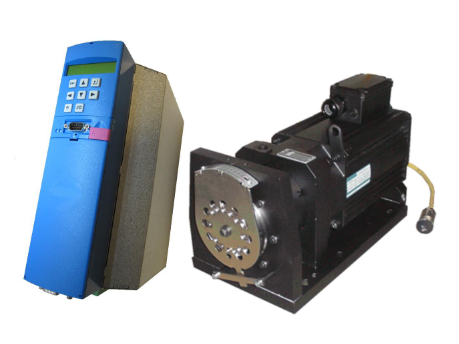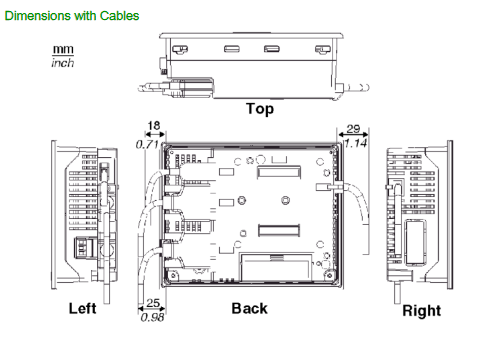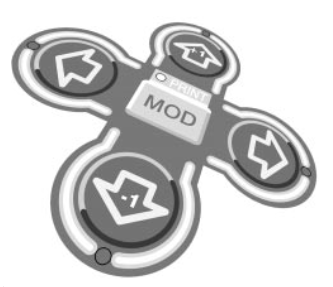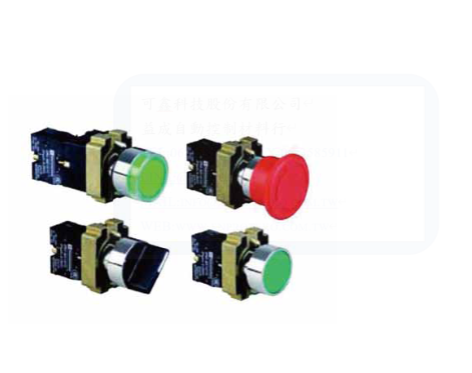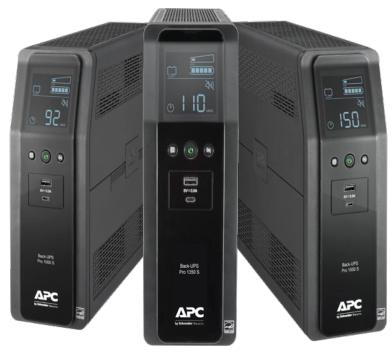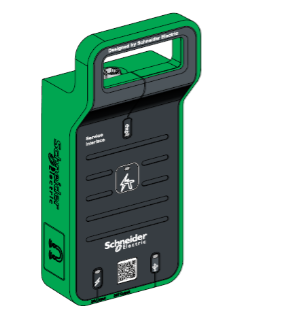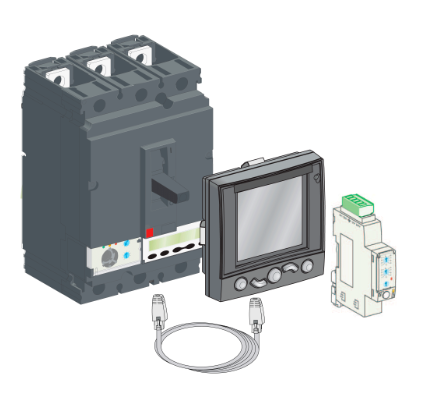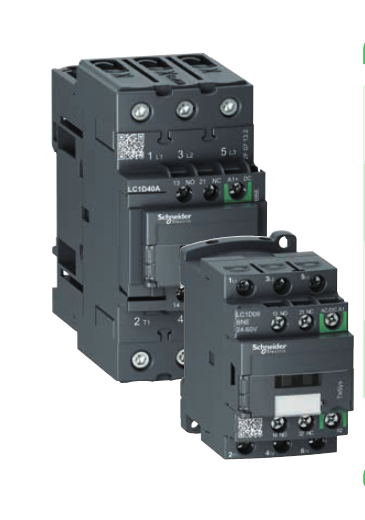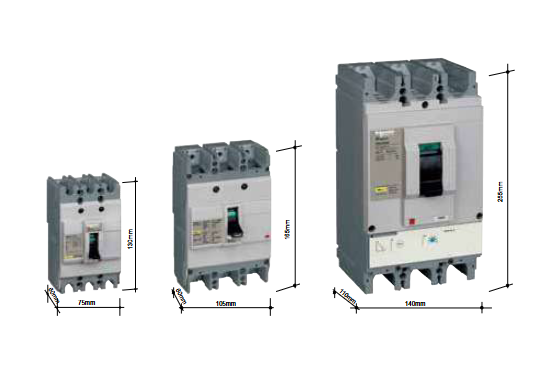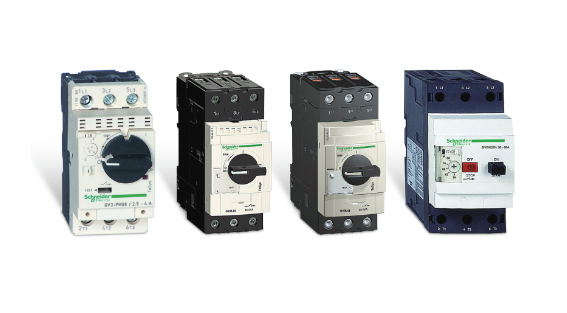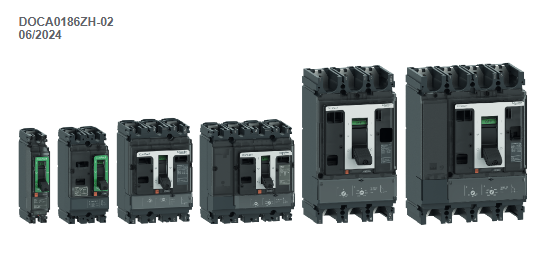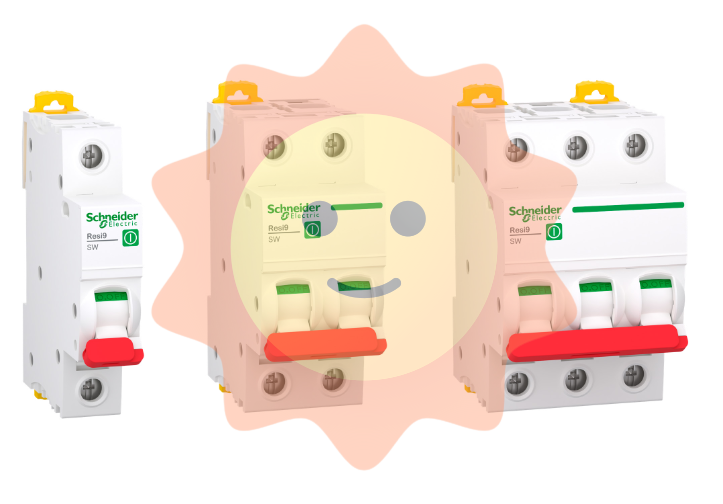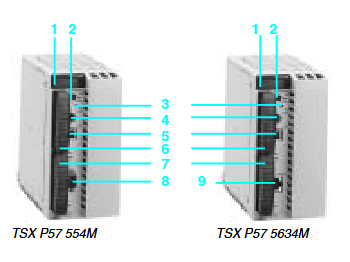Manufacturers
ABB
Model(s)
ABB Advant Controller 31, ABB Advant OCS
Estimated Shipping Size
Dimensions: 6.0" x 4.0" x 10.0"
(15.2 cm x 10.2 cm x 25.4 cm)
Weight: 1 lbs 14.1 oz (0.9kg )
Tariff Code: 8537109060
Country of Origin: Germany
Ships from Webster NY, USA
ABB GJR5252100R0261 07KT94 Advant Controller
Basic Information
Model and specification: ABB GJR5252100R0261 belongs to the 07KT94 series of Advant Controllers, which has specific input and output parameters, such as 24VDC for DI (Digital Input), 24VDC/0.5A for DO (Digital Output), U/I for AI/AO (Analogue Input /Analogue Output), and 1-wire.
Appearance and size: The controller has a relatively compact form factor, with a net weight of about 3.72kg and a total volume of 5.832dm³, which makes it easy to be installed and laid out in different industrial environments and saves space effectively.
Origin and quality: ABB, as a well-known manufacturer of electrical equipment, usually has a high standard of quality control and production process for its products. Although the specific place of origin may vary depending on the production batch and other factors, but generally speaking, these high-end controllers are mostly produced in ABB's factories with advanced production technology and strict quality control system to ensure the reliability and stability of the products, so as to adapt to a variety of complex industrial application scenarios.
Performance features
Processing power: Equipped with a professional-grade processor with efficient data processing capabilities, it can quickly and accurately analyse and process a large number of input signals, and generate the corresponding output signals according to the preset control logic, in order to achieve precise control of industrial processes. For example, in a complex industrial automation production line, it can process signals from multiple sensors in real time to ensure the smoothness and stability of the production process.
Storage capacity: It has enough storage capacity to store control programmes, configuration parameters and data during operation. Users can flexibly write and store a variety of control algorithms and logic programmes to achieve different control functions according to specific application requirements. At the same time, the stored operating data can also provide an important basis for subsequent system analysis, troubleshooting and performance optimisation.
Communication function: It supports a variety of communication protocols and interfaces, such as Advant Fieldbus 100, etc., which can be conveniently connected and communicated with other devices to achieve the construction of distributed control system. Through these communication interfaces, it can interact with remote I/O modules, monitoring stations, operation terminals and other devices to achieve centralised monitoring and management of the entire industrial production process.
Reliability and Stability: Adopting high quality electronic components and advanced manufacturing process, it has good anti-interference ability and stability. In harsh industrial environments, such as high temperature, high humidity, strong electromagnetic interference and other conditions, can still maintain a stable operating state, effectively reduce the risk of system failure, improve the continuity and reliability of production.
Application Fields
Industrial automated production line: Widely used in automated production line control in automotive manufacturing, machinery processing, food and beverage industries. In automobile manufacturing, it can be used to control the automation equipment for body welding, painting, assembly, etc.; in machining, it can accurately control the operation of CNC machine tools to achieve high-precision parts processing; in food and beverage production, it can be used to accurately control the process of raw material delivery, processing, packaging, etc., to ensure product quality and production efficiency.
Process control system: In the chemical, petroleum, natural gas and other process industries, it is used to monitor and control the key parameters in the production process. For example, in the chemical reactor, real-time control of reaction temperature, pressure, flow and other parameters to ensure the safety and efficiency of the chemical reaction; in the petroleum refining process, the temperature, pressure, level, etc. of the refining device can be accurately controlled to improve product quality and production efficiency.
Energy management system: It is used in conjunction with energy measuring instruments and sensors to achieve real-time collection, monitoring and analysis of energy consumption data. Through the analysis and processing of energy data, the enterprise can optimise the energy use strategy, reduce energy costs, improve energy efficiency, and achieve the goal of energy saving and emission reduction.

- User name Member Level Quantity Specification Purchase Date
- Satisfaction :
-










